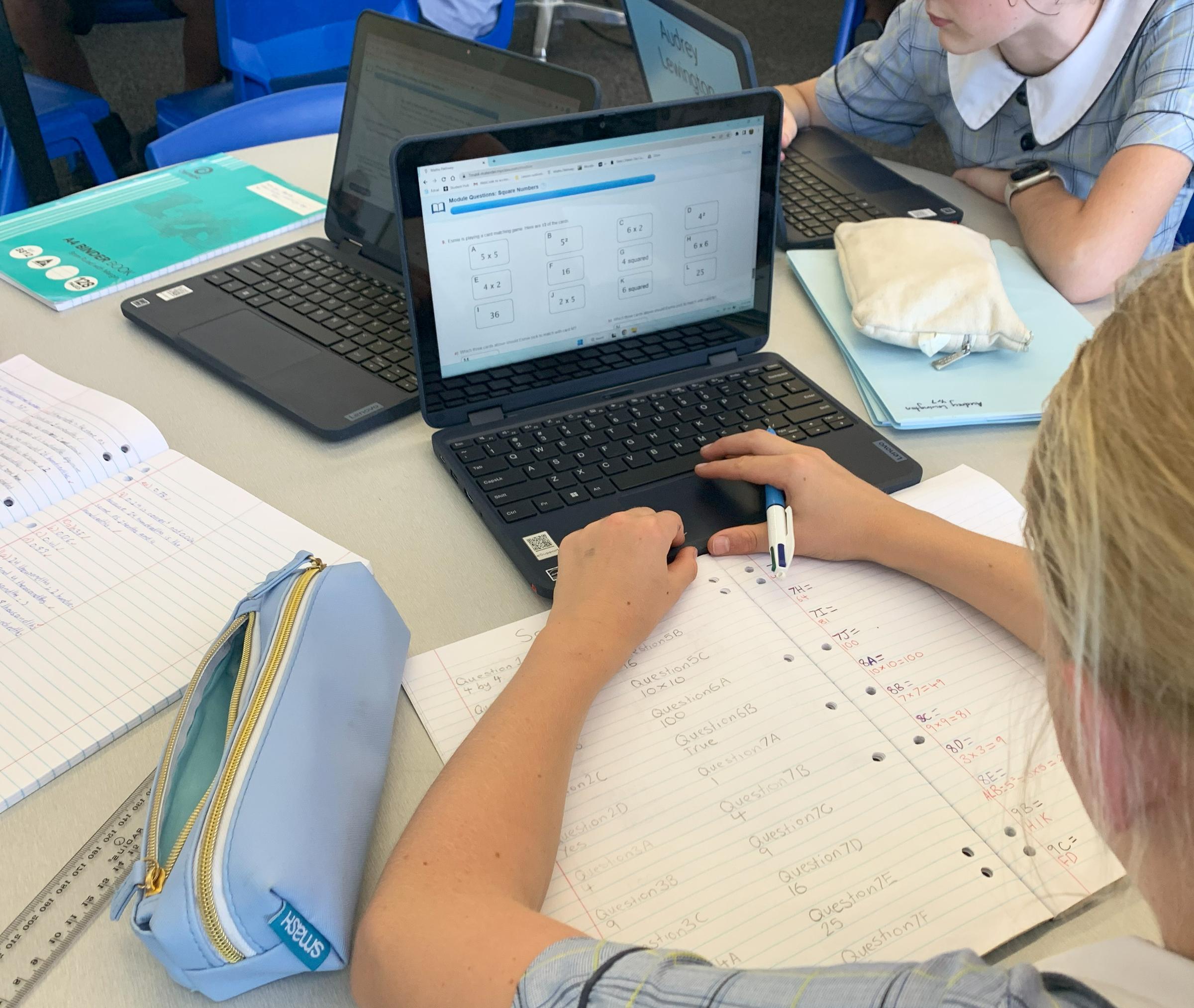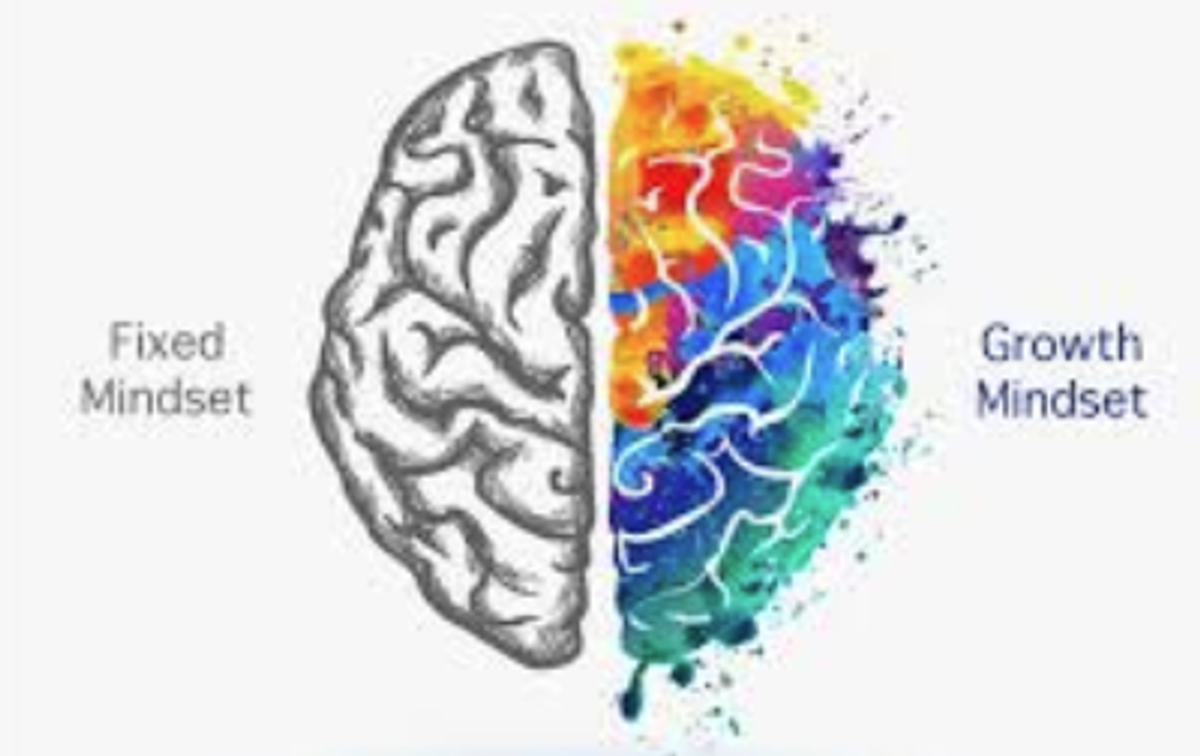Mathematics

The Power of Mindset
As an experienced teacher of Mathematics I have found is that one of the greatest challenges faced by teachers is overcoming students deeply ingrained beliefs about ability, also referred to as a person’s mindset. A student's belief in their mathematical ability is crafted via their experiences and interactions both in and out of the classroom over a period of time. This self perception leads to one of two outcomes:
- A Fixed Mindset- A belief that one's ability is predetermined and that no amount of effort will change that.
- A Growth Mindset- Believing that one's ability can improve with effort.
One underlying focus for the Mathematics KLA is to develop learners who are resilient and persistent and see that failure is part of the learning process and are able to change the way that they approach learning. The following quote from Carol Dweck is a personal favourite of mine and is particularly relevant, as it underpins the beliefs that we are trying to instill in our learners.
‘The passion for stretching yourself and sticking to it, even (or especially) when it’s not going well, is the hallmark of the growth mindset. This is the mindset that allows people to thrive during some of the most challenging times in their lives.’
Acting on Feedback
An important part of the learning process is a student's ability to act on feedback. One interesting behaviour of Mathematics students when acting on feedback through study is that they will tend to spend the most time studying content that they are good at. There are numerous psychological reasons why they do this, however the end result is that it is not that beneficial. What we want are students who understand that the best learning happens when we challenge ourselves to work on something that is difficult, or that requires effort, hence aligning with behaviours of the more desirable growth mindset.
Attending After School Tutorials
The College offers free tutoring sessions on Wednesday afternoons from 3.10pm to 4.10pm in Weeks 2-9 every term. Behaviours of both types of mindsets (fixed and growth) are also present in students who attend Wednesday afternoon tutorials.
Examples of these are:
- Fixed Mindset students - Just wants to complete homework and be left alone.
- Growth Mindset students - Contacts their teacher to decide on an area that would be most beneficial to review and when at tutorials they use teachers to push themselves through challenging content.
Fortunately, mindsets are fluid, and a student is able to work on the development of a growth mindset. As research shows, attitude and effort are big factors in learning and it is central to our core business of teaching at the College.
Mr Kurt McPherson | Mathematics KLA Leader



